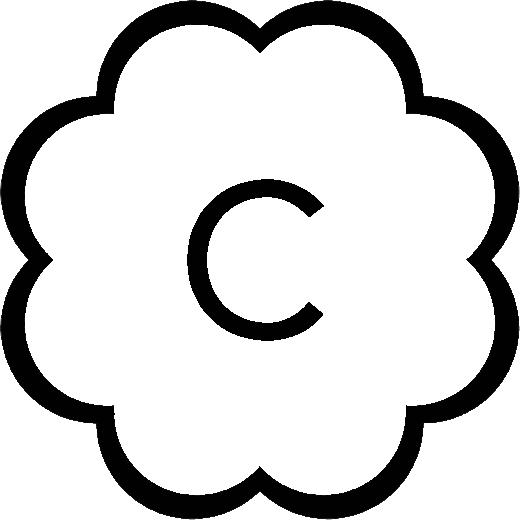©
Video & sound is presented on this site to document art works exhibited elsewhere or published via chaplachap records. Further exhibition or publication is not permitted without express permission from the artist or other rights holders. Documentation of previously editioned work is watermarked. Appropriated source material is acknowledged in accordance with copyright legislation; all other material is © Mark Dean
from Explanatory Memorandum to Copyright and Rights in Performances (Quotation and Parody) Regulations 2014 →
7.10.1 Many works that are made for the purpose of caricature, parody or pastiche, especially in this age of digital creation and re-mixing, involve some level of copying from another work.
Intellectual Property Office guidance: Exceptions to copyright →
There is an exception to copyright that permits people to use limited amounts of copyright material without the owner’s permission for the purpose of parody, caricature or pastiche.
For example a comedian may use a few lines from a film or song for a parody sketch; a cartoonist may reference a well known artwork or illustration for a caricature; an artist may use small fragments from a range of films to compose a larger pastiche artwork.
from Explanatory Memorandum to Copyright and Rights in Performances (Quotation and Parody) Regulations 2014 →
3.5.1 Neither the Convention nor the Directive expressly exclude photographs or other artistic works from the scope of the quotation exception.
3.5.2 Under Section 16(3)(a) of the Copyright, Designs and Patents Act 1988 (the CDPA) copyright is infringed where a person performs an act restricted by copyright, without the permission of the copyright owner, in relation to the whole of a work or any “substantial part” of it.
3.5.3 The permitted acts provided by Chapter III of the CDPA are exceptions to this general rule. Therefore, where an exception is provided, more than a substantial part of a work can be used.
3.5.4 The quotation exception is a fair dealing exception. This means that the amount of a work that can be taken will depend upon a general assessment of the fairness of the purpose for which it is used. Usually fair dealing will only allow the reproduction of only part of a work, but it may sometimes allow the whole of a work to be taken.
from Amendments to the Copyright, Designs and Patents Act 1988 →
Quotation: amendments to section 30
Copyright in a work is not infringed by the use of a quotation from the work (whether for criticism or review or otherwise) provided that—
(a) the work has been made available to the public,
(b) the use of the quotation is fair dealing with the work,
(c) the extent of the quotation is no more than is required by the specific purpose for which it is used, and
(d) the quotation is accompanied by a sufficient acknowledgement (unless this would be impossible for reasons of practicality or otherwise).
30A Caricature, parody or pastiche
Fair dealing with a performance or a recording of a performance for the purposes of caricature, parody or pastiche does not infringe the rights conferred by this Chapter in the performance or recording.
To the extent that a term of a contract purports to prevent or restrict the doing of any act which, by virtue of this paragraph, would not infringe any right conferred by this Chapter, that term is unenforceable.
Baroness Neville-Rolfe
Parliamentary Under Secretary of State for Business, Innovation and Skills
26th August 2014

